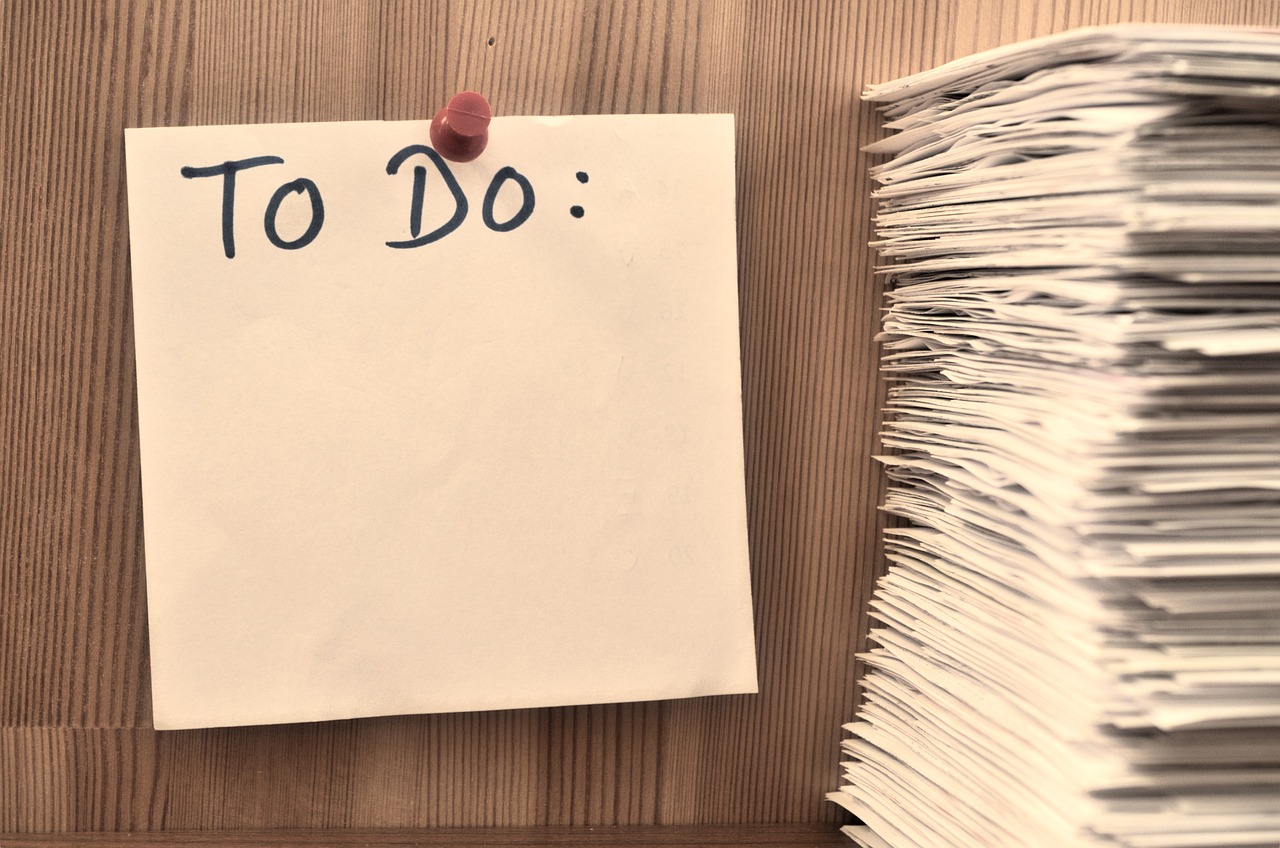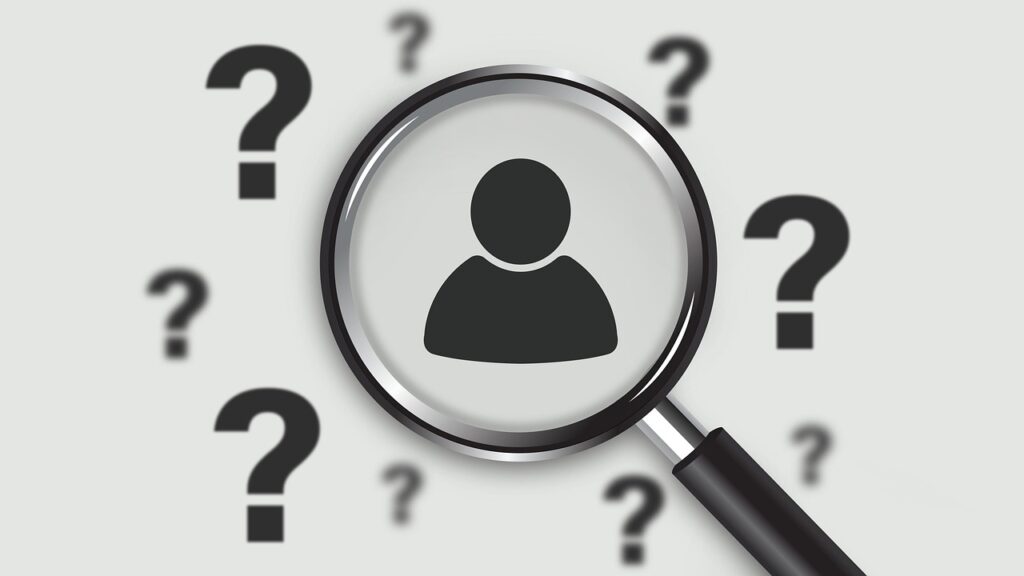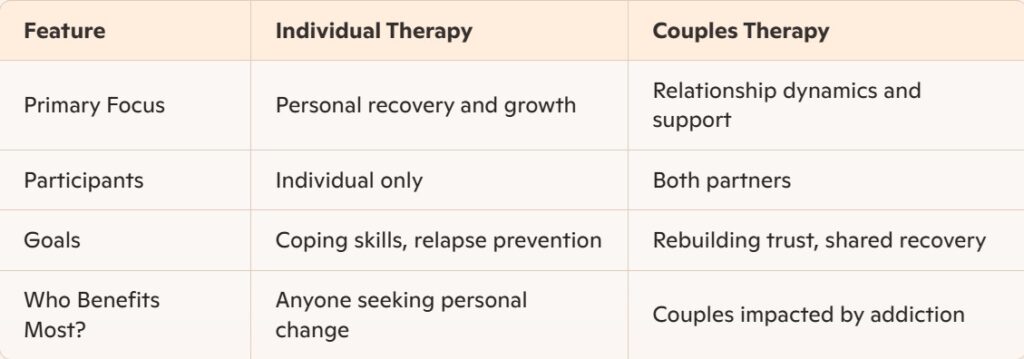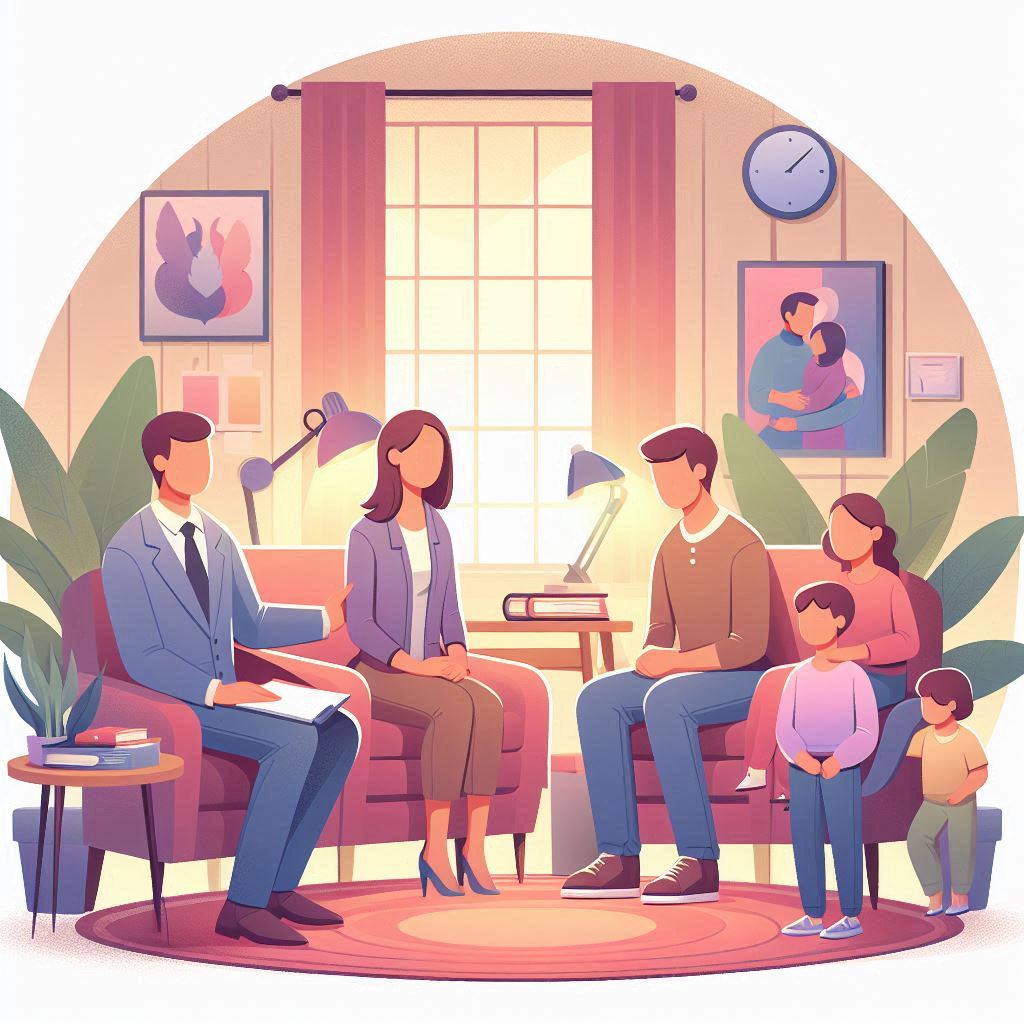What Are the Books for Couples in Recovery?
Best Books for Couples in Recovery?
Recovery from addiction is not just a personal journey—it’s a shared experience that can deeply affect relationships, especially romantic ones. Couples often face unique challenges in the recovery process, from rebuilding trust to redefining intimacy and communication. For many, these struggles can feel overwhelming, but the right tools can make all the difference. Among these tools, books have proven to be powerful resources for couples seeking guidance, support, and inspiration.
This blog from Couples Rehabs explores the best books for couples in recovery—thoughtfully crafted works designed to provide actionable advice, emotional healing, and a roadmap toward mutual growth. These books not only offer practical insights but also foster deeper understanding and connection between partners. Whether you’re just beginning the recovery journey or navigating its later stages, these books can help you and your partner rebuild and thrive.
Why Literature Is Essential for Couples in Recovery
The journey of recovery for couples comes with its own set of hurdles. Addiction can create emotional distance, diminish trust, and lead to communication breakdowns. While counseling and therapy are invaluable, books provide another critical layer of support that couples can explore in their own time and at their own pace.
Key Benefits of Reading During Recovery
- Expert Guidance: Books authored by recovery specialists, therapists, and researchers share proven strategies and practical advice for navigating challenges.
- Emotional Connection: Reading together encourages couples to open up about their feelings, fears, and hopes, fostering deeper emotional bonds.
- Accessibility: Books are readily available and can be revisited whenever couples need reinforcement or inspiration.
- Self-Paced Learning: Couples can take their time to digest information and apply lessons gradually.
- Therapeutic Value: Immersing in helpful literature can reduce stress, encourage mindfulness, and offer a sense of companionship in knowing others have faced similar struggles.
Literature as a Shared Activity
Incorporating shared reading into the recovery routine can strengthen relationships. For example:
- Couples can read aloud to one another, sparking conversations about how the lessons apply to their lives.
- Setting aside time to discuss chapters can become a bonding ritual.
- Journaling about key takeaways from the books can enhance personal and mutual reflection.
Books provide a blend of knowledge, comfort, and hope, making them essential companions on the recovery journey.
The Top 5 Books for Couples in Recovery
Below is an in-depth look at five books widely regarded as essential for couples navigating the challenges of addiction recovery. Each book brings a unique perspective and set of tools to the table.
1. Healing Together: A Couple’s Guide to Recovery by Beverly Berg
Overview This comprehensive guide focuses on helping couples rebuild emotional intimacy while addressing the impact of addiction on their relationship. Dr. Berg, a licensed therapist, offers practical exercises and therapeutic insights designed to rekindle connection and trust.
Key Benefits
- Step-by-step guidance for navigating relational challenges.
- Techniques to address lingering guilt, shame, and resentment.
- Tools for improving communication and emotional transparency.
Who It’s Best For Couples seeking to understand and heal the relational wounds caused by addiction, especially those looking to reignite emotional and physical intimacy.
Why It Stands Out Dr. Berg emphasizes empathy and understanding while providing concrete strategies to help couples grow together rather than apart.
2. Couples Therapy Workbook: Essential Strategies by Kathleen Mates-Youngman
Overview This interactive workbook guides couples through exercises that foster connection and mutual support. Topics include trust-building, conflict resolution, and improving emotional intimacy.
Key Benefits
- Provides actionable activities to strengthen the relationship.
- Teaches practical conflict-resolution skills.
- Encourages vulnerability and mutual understanding.
Who It’s Best For Couples who want to actively engage in improving their relationship through hands-on exercises.
Why It Stands Out The workbook format allows couples to participate in structured activities together, making it ideal for those who learn best through doing.
3. Rewired Workbook for Couples by Erica Spiegelman
Overview A follow-up to Erica Spiegelman’s popular Rewired, this workbook focuses on creating positive habits, fostering self-awareness, and promoting shared growth in the recovery process.
Key Benefits
- Encourages mindfulness and self-discovery.
- Includes exercises for setting healthy boundaries and building trust.
- Addresses both individual and relational aspects of recovery.
Who It’s Best For Couples seeking a comprehensive, holistic approach to recovery that combines personal growth with relational healing.
Why It Stands Out Its emphasis on holistic health and wellness makes it a unique addition to the recovery literature canon.
4. Hold Me Tight by Dr. Sue Johnson
Overview Renowned psychologist Dr. Sue Johnson introduces Emotionally Focused Therapy (EFT) in this transformative guide for couples. By focusing on emotional connection, the book helps couples repair their bond and rediscover their love.
Key Benefits
- Provides practical tools for addressing emotional disconnection.
- Explores seven critical conversations to deepen intimacy.
- Builds a foundation of trust and security.
Who It’s Best For Couples experiencing emotional disconnection or those seeking to rebuild their relationship after addiction.
Why It Stands Out The book’s focus on emotional connection resonates deeply with couples looking to reestablish intimacy.
5. Codependent No More by Melody Beattie
Overview This classic work addresses codependency—a common issue in relationships affected by addiction. Melody Beattie provides tools for couples to establish healthy boundaries while supporting each other in recovery.
Key Benefits
- Explores the dynamics of codependency in depth.
- Offers strategies for fostering independence and self-care.
- Helps couples differentiate between support and enabling behaviors.
Who It’s Best For Couples struggling with codependency dynamics during the recovery process.
Why It Stands Out Its focus on codependency makes it an invaluable resource for couples working to create a balanced, healthy partnership.

How to Choose the Right Book for Your Journey
With so many options available, selecting the right book can feel overwhelming. Here are practical tips to guide your decision-making process:
Identify Your Relationship’s Needs
Consider the specific challenges your relationship is facing. If communication is your primary issue, opt for a book like Hold Me Tight. If you’re dealing with codependency, Codependent No More may be the right choice.
Evaluate Credibility
Check the author’s credentials to ensure they have experience in recovery, psychology, or relationship counseling.
Collaborate with Your Partner
Involve your partner in the decision-making process to ensure both of you are invested in reading the chosen book.
Start Small
If you’re new to recovery literature, begin with a book that offers general guidance, such as Healing Together.
Practical Ways to Integrate Books Into Your Recovery Routine
To maximize the benefits of these books, consider the following tips:
- Designate Reading Time: Set aside 20–30 minutes daily to read together or individually.
- Discuss Key Takeaways: Share your thoughts and reflections with your partner to encourage open communication.
- Apply the Lessons: Actively incorporate strategies from the books into your daily life.
- Combine with Therapy: Use the books as a supplement to couple’s therapy for deeper insights and growth.
FAQs: Common Questions About Recovery Books
What Are the Best Books for Couples in Recovery?
The top books include Healing Together, Couples Therapy Workbook, Rewired Workbook for Couples, Hold Me Tight, and Codependent No More.
How Can Books Help Couples in Recovery?
They provide expert insights, practical exercises, and emotional support, helping couples navigate challenges together.
Can These Books Replace Therapy?
While books are valuable, they work best as supplements to therapy and other recovery efforts.
Where Can I Purchase These Books?
Most are available on Amazon, local bookstores, and libraries. Many also come in e-book or audiobook formats.
Conclusion
Recovery is a challenging yet transformative journey, and the right resources can make all the difference. By turning to these thoughtfully crafted books, couples can find guidance, support, and inspiration to navigate their path together. Remember, the key to recovery is mutual effort, understanding, and commitment.














Recent Comments